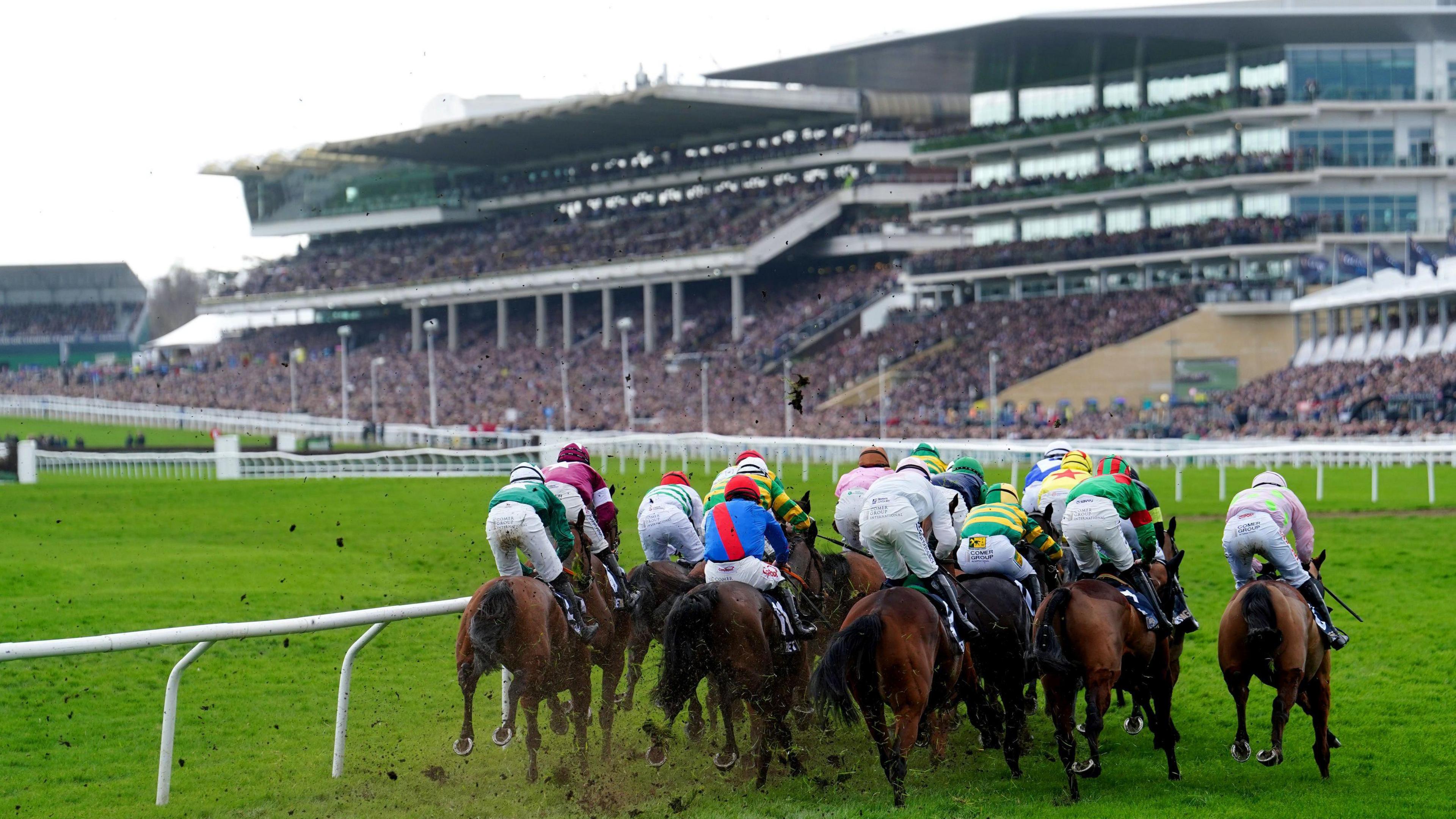
If you asked most losing bettors to show you their results, they couldn’t. Not because they’re hiding them, but because they’ve never written them down. And that, more than any one bad bet, is what drains bankrolls.
A betting log is not glamorous, but it is the difference between playing blind and playing with an edge. Professionals treat their records like an accountant treats a ledger. If you don’t log, you don’t know whether you’re profitable, where your leaks are, or what your real edge is.
What to Track and Why
At the bare minimum, every log should include:
- Date of the bet
- Event and market (e.g., football Over 2.5 Goals, horse racing win bet)
- Odds you took
- Stake
- Result
- Profit or loss
That’s enough to calculate your Return on Investment (ROI) and strike rate. But if you stop there, you’ll miss the real power of record keeping. A richer log also includes:
- The bookmaker or exchange used
- Notes on why you placed the bet (form, stats, context)
- Odds just before kick-off or the off (so you can see if you beat the market)
These details answer crucial questions: Am I beating the closing price? Am I disciplined with my staking? Do I keep losing in certain markets I think I’m good at?
From Guesswork to Evidence
Short-term swings fool even experienced bettors. You can win five in a row and believe you’re untouchable, or lose ten in a row and think your system is broken. Without a log, you can’t tell if those streaks are variance or a real flaw in your approach.
Logs separate luck from process. If your notes show that you regularly take good odds and still lose a run of bets, that’s variance. If your records reveal you’re consistently taking poor odds or chasing favourites at short prices, that’s a broken process.
Discipline Through Accountability
There’s another benefit: logging creates accountability. Writing down a reckless bet forces you to confront it later. Many members say that the act of logging stopped them placing poor bets in the first place. It’s harder to justify “I just fancied it” when you know you’ll have to record it.
Over time, this accountability compounds. You’ll cut down on emotional bets, tighten up your staking, and find yourself behaving more like a professional without even noticing.
Spotting Long-Term Patterns
The real gold in a betting log is revealed over months. Patterns emerge:
- You might consistently profit in football totals but lose in match results.
- You may notice horse racing Saturdays drain your roll, while midweek racing is profitable.
- Certain bookmakers may restrict you quickly, while others let you operate longer.
These are edges and weaknesses you’ll never see if you rely on memory. A log turns hunches into evidence.
Keep It Simple, Keep It Consistent
The best log is the one you’ll actually use. That could be a spreadsheet, a notes app, or even pen and paper. Complexity kills consistency. Start small, log every bet, and build from there.
Our members get access to a ready-made professional log — structured, clear, and set up with the right fields. Use it properly, and you’ll instantly be ahead of 90% of casual bettors.
A betting log is the difference between gambling blind and betting with an edge.
Final Word
Record keeping isn’t optional. If you want betting to be more than entertainment, you must log every single bet. Professionals do it, and that’s why they survive long-term while casual players burn through roll after roll.
We go much deeper into structuring logs, analysing results, and linking them into your staking system inside our full training. But even at its simplest, starting a log today could be the most important step you take to protect — and grow — your bankroll.
Take the next step:
- Download Turn the Tide: 8 Fast Fixes That Shift the Odds in Your Favour
- Check out our membership plans and access the full professional training system
Discover More about EdgeVerge
Join EdgeVerge today and experience the difference that professional sports analysis and insights can offer, or download the Turn the Tide 10 Step Guide to learn more.






